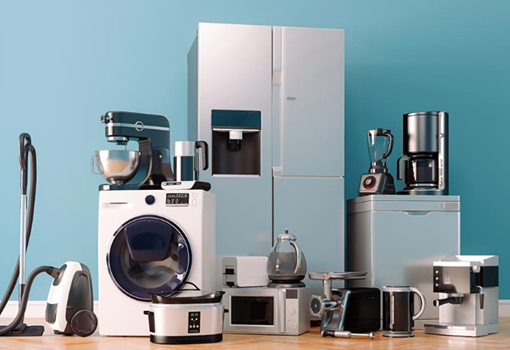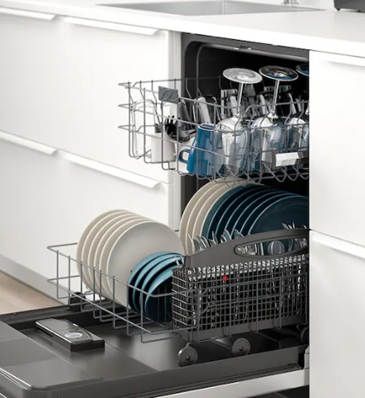Selecting the right household appliances for your home can be a crucial decision. These devices are integral to our daily lives, making tasks more efficient and convenient. However, not all appliances are created equal, and choosing the wrong one can lead to inefficiency, safety hazards, or even damage to your home. To ensure you make the best choice, it's essential to consider a few key factors before making a purchase. In this article, we'll guide you through the process of determining if a household appliance is suitable for use in your home.
A Step-by-Step Guide
Size and Space Considerations
Before purchasing any appliance, it's crucial to measure the space where it will be installed. Take precise measurements of height, width, and depth, ensuring there is enough room for proper installation and operation. Additionally, consider the doorways and hallways the appliance will need to pass through during installation.

Energy Efficiency
In today's world, energy efficiency is a paramount consideration. Look for appliances with high Energy Star ratings, indicating that they meet strict energy efficiency guidelines. Energy-efficient appliances not only save you money on utility bills but also contribute to a more sustainable environment.
Compatibility with Existing Infrastructure
Ensure that the appliance is compatible with your home's existing infrastructure. For example, if you're purchasing a new oven, check if the electrical or gas connections match those in your kitchen. It's also essential to assess the available power supply to handle the appliance's requirements. Understanding the knowledge about watts to amps be very helpful when it comes to using electrical appliances and equipment.
Safety Features
Safety should always be a top priority when choosing household appliances. Look for devices with safety certifications, such as UL (Underwriters Laboratories) or CE (Conformité Européenne). Additionally, some appliances come equipped with features like automatic shut-off mechanisms or child locks, which can provide an extra layer of safety.
User-Friendly Interface
Consider how easy the appliance is to use and whether it comes with a user-friendly interface. Complex and confusing controls can lead to frustration and misuse, potentially causing damage or accidents. Look for appliances with intuitive interfaces and clear instructions.
Capacity and Performance
Assess the appliance's capacity to ensure it meets the needs of your household. For example, if you're purchasing a refrigerator, consider the size that can comfortably accommodate your family's food storage requirements. Additionally, check the performance specifications, such as washing machine load capacity or oven cooking capabilities, to ensure they align with your usage patterns.
Noise Levels
Some appliances, particularly those with motors or compressors, can generate a significant amount of noise. Consider the location of the appliance and whether loud noises would be disruptive. For example, a noisy dishwasher located near a living room might be bothersome, while a quiet refrigerator in the kitchen might be less of an issue.

Maintenance and Cleaning Requirements
Every appliance requires regular maintenance to ensure it operates efficiently and safely. Consider the maintenance and cleaning requirements of the appliance you're considering. Some appliances may have specific cleaning instructions or may require professional servicing, which is an important factor to budget for in the long run.
Warranty and Customer Support
A strong warranty and reliable customer support can provide peace of mind in case the appliance encounters any issues. Check the warranty period and the terms it covers. Additionally, research the reputation of the manufacturer or brand for prompt and reliable customer service.
Reviews and Recommendations
Lastly, seek out reviews and recommendations from reputable sources. Online reviews from other consumers who have used the same appliance can provide valuable insights into its performance, reliability, and any potential issues.
Conclusion
Selecting the right household appliance for your home involves careful consideration of various factors. By taking into account size, energy efficiency, compatibility, safety features, user-friendliness, capacity, noise levels, maintenance requirements, warranty, and reviews, you can make an informed decision that will benefit your household in the long run. Remember, investing time in research and assessment now can save you from potential headaches and expenses down the line.
